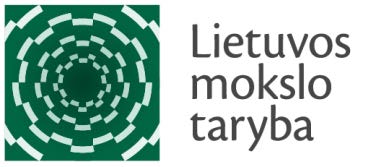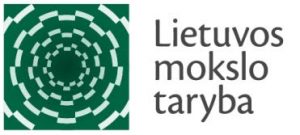
Economical and efficient energy consumption, its impact reduction for environmental is not only the goal of national energy strategy but also one of the most important challenges in each country when reaching for an effective resources consumption and sustainable development. Nowadays the issue of CO2 emissions reduction is one of the global goals that needs to be solved on purpose to live in more cleaner environment and fighting against climate change. Because of these reasons, Europe must decarbonize the transport sector to reach the CO2 reduction targets by 2050. Although electric vehicles are becoming a viable solution for urban transport, in the areas of heavy-duty trucking, commercial aviation, and maritime sectors vehicles still do not find alternatives to fossil fuels. Since performance and energy losses (fuel consumption) are strongly influenced by the resistance force, new technological solutions to reduce drag reduction on marine vessels combining compliant surfaces can be expected. Therefore, the proposed new concept for drag reduction will be a real revolution to the established stereotype of the reduction of drag force. This proposed project aims to verify the impact of structured thin-film coatings, which have catalytic and hydrophobic properties (MgH2, TiH2, act. Al, Mg, etc.) for the conditions of the second level boiling crisis and suggesting the new reduction solutions of hydrodynamic resistance for the perspective future technologies. The idea is based on the application of metal hydride coatings, as the additional source of hydrogen gas, when influencing the conditions of second-level boiling crisis. It is possible that on the heated body surface when metal hydrides (MgH2, TiH2) coatings (also Al, Mg reaction is possible with water) are used, additional released hydrogen gas provides extra inertia for vapor layer formation. This project will offer to create an analogue of supercavitation when using the concept of two-phase flow generation by complex application of innovative materials.
This project has received funding from the Research Council of Lithuania (LMTLT), agreement No S-MIP-22-77.
Project Team
| Name, surname | Office | phone. | |
|---|---|---|---|
|
LEI Representative |
|||
| Raminta Skvorčinskienė | 231-AK | +37037401820 | Raminta.Skvorcinskiene@lei.lt |
|
Project Team |
|||
| Monika Maziukienė | Monika.Maziukiene@lei.lt | ||
| Ieva Kiminaitė | 109-LK | +37037401895 | Ieva.Kiminaite@lei.lt |
| Marius Urbonavičius | 302-LK | +37037401904 | Marius.Urbonavicius@lei.lt |
| Lina Vorotinskienė | 104-LK | +37037401881 | Lina.Vorotinskiene@lei.lt |
| Kęstutis Zakarauskas | 105-LK | +37037401830 | Kestutis.Zakarauskas@lei.lt |






